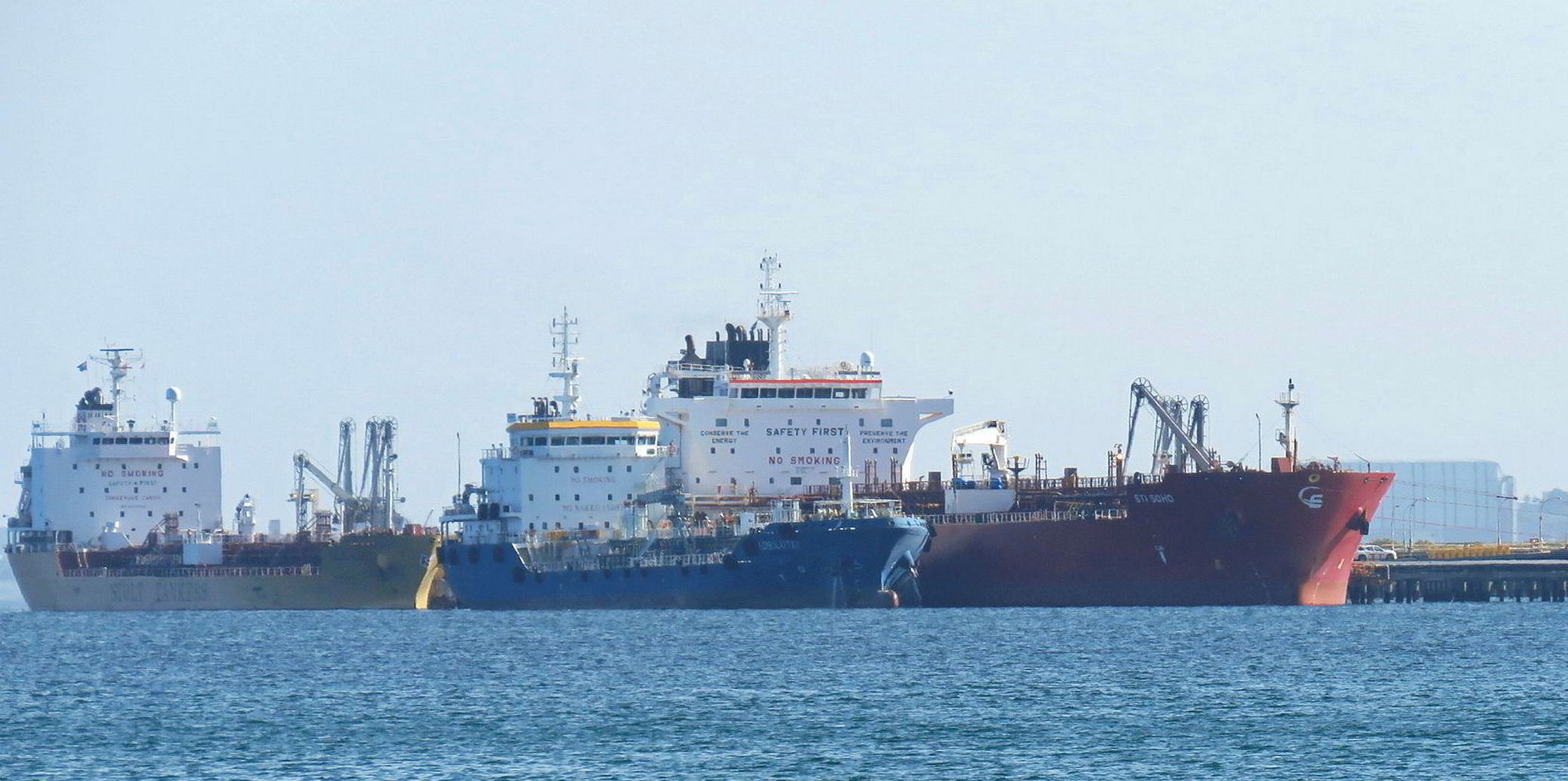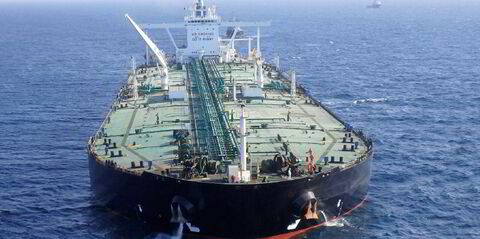Owners of ships that carry fossil fuels could face hundreds of billions of dollars in lost profits and value declines if the global economy is aligned with the decarbonisation goals of the Paris Agreement.
That is the conclusion of a study by University College London’s UCL Energy Institute and the Kuhne Climate Center that explored the stranded asset risk facing vessels that carry coal, oil and gas in a green transition.
If the global economy successfully aligns with the Paris Agreement’s goal of limiting temperature rises to 1.5C, the study found that the resulting demand slump for fossil fuel shipping could wipe $214bn in profits off the table by 2050 — if no newbuildings are ordered.

If orders continue until 2030, that number could rise to $286bn in lost profits, UCL Energy Institute’s researchers found.
But there’s more.
The oversupply of fossil fuel vessels could also lead to book value losses of $90bn to $108bn by 2030 if there are no new ship orders, and $121bn to $147bn if orders continue.
The value loss ranges from 25% to 33% of the fleet value for tankers and gas carriers.
And that demand fall could be compounded by rising decarbonisation on ships, which would increase costs.
To map out the demand decline that tankers and gas carriers could face in a 1.5C-aligned world, the researchers used estimates by the International Maritime Organization.

But Marie Fricaudet, a post-doctoral fellow at UCL Energy Institute who is the study’s lead author, said any significant oil and gas demand slump could have a significant impact on stranded-asset risk because ships’ long lifespans lead to inertia in the fleet.
Asked what a shipowner should do in the face of this risk, she said assets become stranded in the case of an unanticipated change, so the first step is to be aware of it.
Then she laid out several options for how to act with that information.
“One of them is to stop investing in oil tankers altogether,” she told TradeWinds. “The second one is to invest in assets in ships which can be repurposed.”
In fact, bulkers that carry coal are at the lowest risk of becoming stranded assets because they can haul other cargoes, the researchers found. Expectations for rising shipping demand for other dry bulk commodities could compensate for the loss of coal cargoes in a decarbonising world.
Oil tankers might be able to carry other liquid cargoes, such as methanol, but their ability to do so may be limited by size and other trading characteristics. LPG carriers will be able to carry ammonia, but the opportunities for other non-fossil commodities are limited.
LNG carriers are in the worst position.
“It’s much more difficult because they’re very specialised, so it’s a bit harder to see where those ships could be repurposed,” she said.
Then there is Fricaudet’s final option for shipowners to deal with tankers and gas carriers’ stranded asset risk: prepare for lower returns.


